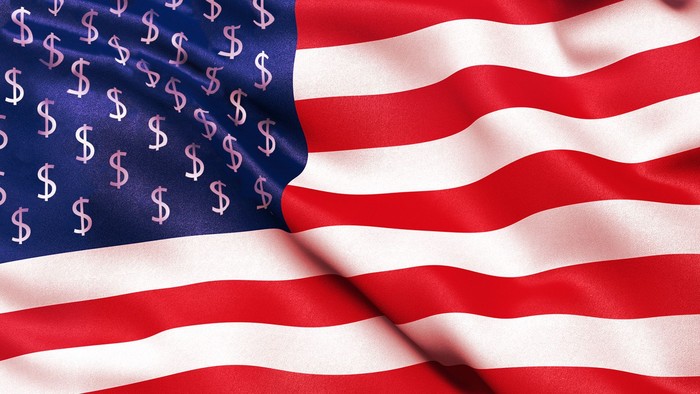Despite political turmoil such as disputed elections, Capitol insurrections, debt ceiling crises, and massive fiscal deficits, global investors have consistently viewed the U.S. government as a reliable bet. However, a recent study by a former Biden administration economist warns that this confidence could be costly if it starts to wane even slightly.
Here’s why this matters: The U.S. benefits from what’s called a “safe harbor premium.” This essentially means that the U.S. is seen as one of the safest and most stable places for global investment, resulting in lower borrowing costs for Americans, companies, and the U.S. government, along with an influx of foreign investment. But if global investors begin to see the U.S. as a riskier bet due to its political climate, that could change quickly, according to a new paper by Ernie Tedeschi with the Yale Budget Lab.
Tedeschi, who was once the chief economist at the White House Council of Economic Advisers, aimed to put a dollar figure on the potential cost if global investors lose confidence in U.S. political and economic stability.
Taking a step back: Investors in emerging markets typically assess the stability of countries where they might invest in bonds or build factories. They consider factors like the fairness of courts, the risk of political leaders expropriating their funds, and the likelihood of hyperinflation. But these concerns aren’t exclusive to emerging markets—they can also apply to more stable and affluent countries, though to a lesser extent.
The U.S. is unique in that it currently has a risk premium of zero, according to data from NYU Stern economist Aswath Damodaran, indicating that investors don’t require any extra compensation for investing in the U.S. It’s one of a handful of countries with this status, along with Canada, Australia, and Switzerland.
In contrast, other wealthy countries have a noticeable risk premium. France has a premium of 0.72 percentage points, while Italy and Greece have premiums above 3 percentage points. In the immediate aftermath of Brexit, Britain’s risk premium was 0.48 points, and it’s now at 0.88 points amid a turbulent political landscape with five prime ministers since 2016.
Tedeschi calculated that if the U.S. risk premium rose to Britain’s level, it would cost American households $50,000 each over 10 years and reduce GDP by 1 percent. In a more severe scenario, with political chaos driving the risk premium toward Italian or Greek levels, GDP would take a 3.5 percent hit, and earnings per worker could drop by $5,900 over a decade.
“If you’re talking about a contested election or political chaos, the question is ‘what does that mean for me as an investor?’,” Tedeschi told Axios. “Even advanced economies have gone through this, and not collapsed, but they faced more risk and became less attractive destinations for investment,” he added. Tedeschi cautioned that global investors’ confidence in the U.S.’s stability “may end up being much more fragile than we thought.”















































